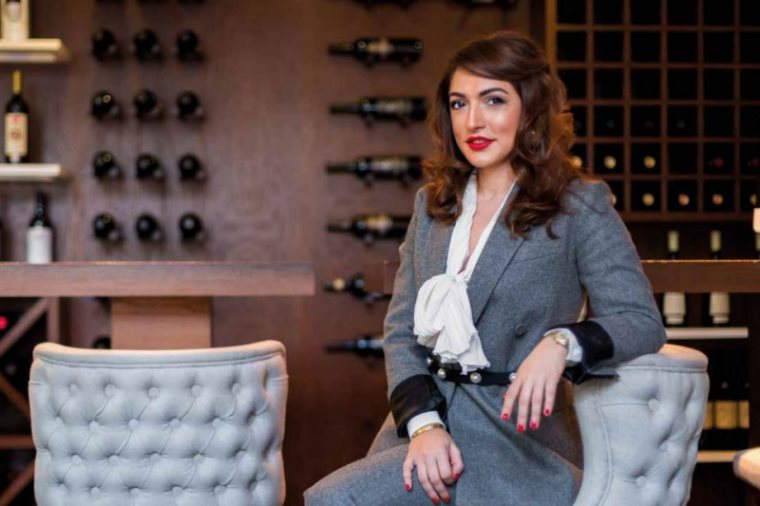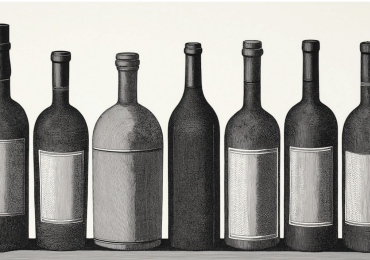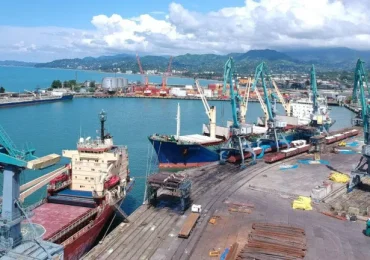This year, the Georgian Red Cross Society was elected as a Governing Board Member of the International Federation of the Red Cross and Red Crescent Societies (IFRC) in Antalya, Turkey. Ms. Natia Loladze – President of the Georgian Red Cross Society represents our organization on the Governing Board.
Ms. Loladze, first of all I would like you to tell us about your success, explain what the governing council is and what your role is there?
For the first time in its history, the Georgian Red Cross Society has become a governing board member of the world’s largest humanitarian network, which is a great honor and responsibility for our National Society. My team and I believed in this success, we have been working for four years to achieve this goal. For the next four years, we will prove our ability to make the kinds of timely and effective decisions that the General Assembly is committed to.
The Board is elected by representatives of the national societies from 190 countries to a term of four years and is comprised of the President of the International Federation of the Red Cross and Red Crescent Societies, five vice presidents and 20 representatives of elected National Societies. My role as a member of the council is important because I represent not only our country and the Georgian Red Cross, but all those National Societies who have trusted us and voted for us.
Together with my colleagues I will be actively involved in processes that will allow the International Federation of the Red Cross and Red Crescent Societies to adequately respond to all the exciting challenges in the world and to further strengthen its position in the humanitarian field.
As for the recognition of the Georgian Red Cross Society on the international stage, this is undoubtedly a great success and another step forward both for our organization and our country, as well as for me as a leader.
I believe that the fight always makes sense. That is why in this great competition we were able to have a place in the governing board next to donor national societies that are the main donors of various other national societies. I consider our advantage to be the fact that our team consists of professionals with great experience. The hard work of the members of the Georgian delegation and each volunteer and worker has bought this great success.
Listening to you, it’s not hard to guess that you have a strong fighting spirit and behind that genial, smiling face, there is a strong, ambitious woman. But I still want to ask you why they chose you for this position and what prompted their decision?
It is very difficult to talk about myself, but I think good communication and negotiation skills and establishing business relations are my strongest assets. During the election I was personally involved in the campaign. I held meetings with the leadership of various national societies to position myself, as well as the Georgian Red Cross Society. I’ve always had an ambition to be among the leaders and in the center of new challenges, trends and innovations.
I am very demanding of myself, as well as of my colleagues and always put forth high working standards. At the same time, I constantly care for the development of myself and my team members, and I think this is how you become recognized and successful.
One of the key factors of why we were elected is that the Georgian Red Cross Society was granted the status of ‘Exemplary National Society’ in 2015. The Georgian Red Cross was the first National Society in which the Organizational Capacity Assessment and Certification (OCAC) process was implemented based on several criteria, including legal framework, human resources management and development, promotion of innovative approaches and services, financial transparency, reporting and so on.
I am proud that among the 190 countries, we were the first to receive the OCAC. Our participation in various international conferences and working groups was also important in this success.
Could you tell us more about your life before joining the Red Cross?
I spent most of my life abroad. I studied at the French-English school in Moscow and continued my studies in the United Kingdom at Stonar School, and then at St.Clare’s at Oxford. I have two degrees, a BSc in Economics at the University Of Essex (UK) and a Masters in Management and Leadership at the London School of Economics. In my master’s dissertation entitled “Management Style in the Red Cross”, I covered in detail the similarities and differences in the style of management undertaken by profit and non-profit organizations.
As for public activity, the first serious success I achieved was during my second course when I was elected President of the Students’ Economic Board after a very well-organized election campaign. This was my first opportunity to lead a large student organization and demonstrate my leadership abilities. Later, I returned to Georgia and started my own business. At the same time, I was involved in public activities. In particular, I was elected as Chair of the Tbilisi Branch, and since 2012, I have been the President of the Georgian Red Cross Society.
The work of the Georgian Red Cross Society has a long history in our country. Could you tell us more about your organization? What does your team take pride in?
Yes, I agree. We have a long history, and this history was created by a lot of people. Our organization’s goal always has been and always will be to support people in need.
The Georgian Red Cross Society (GRCS) was founded in 1918 and since then the National Society, in line with its mission, has assisted vulnerable people in coping with the effects of emergencies, socioeconomic crises and protecting their human life and dignity.
The GRCS was officially recognized by the State of Georgia by adopting the Georgia Red Cross Society Law (July 15, 2017). The National Society acts as a voluntary and independent humanitarian organization that fills an auxiliary role to public authorities in the humanitarian field. The Georgian Red Cross carries out its humanitarian activities throughout the country via a network of 38 local branches, 27 activity centers and 4 mobile health cabinets with a total number of more than 10,000 registered volunteers. In accordance with the challenges and needs of our country the Georgian Red Cross Society works in four main directions – Disaster Management (Disaster Risk Reduction, Disaster Preparedness, Response and Recovery), Health and Care, Public Relations and Communication (dissemination of the Fundamental Principles), Organization Development and Capacity Building.
While fulfilling its auxiliary role to the public authorities in their humanitarian work, the GRCS is the only non-state actor included in the Civil Security National Plan (Resolution 508 of the Prime Minister, 2015) with three main functions. Therefore, together with the Emergency Management Agency of the Ministry of Internal Affairs, the GRCS coordinates all the NGOs working in the field of disaster management and chairs regular meetings with them.
In June of 2015, the devastating Tbilisi flood was one of the main challenges for our organization. As President of the National Society I was actively involved in the disaster response to the damages caused by the flood. We can confidently say that we successfully completed the test, which, on the one hand, was to respond to the challenges we faced and on the other hand, it gave us an opportunity to show our strength and capacity. We proved that the Georgian Red Cross Society remains a trustworthy and reliable partner for all.
Lastly, what does the Georgian Red Cross Society plan for the Future? What is your vision?
As President of the Georgia Red Cross Society, I think we should focus on strengthening partnerships, mobilizing resources both locally and internationally, and of course supporting the development process of corporate social responsibility in Georgia. It is important for us to work with the corporate sector to raise funds locally.
It is also very important to promote volunteering in our country. Most of our activities are based mainly on volunteering. The development of the volunteer movement is one of our priorities. This means improving volunteer engagement, recognition and management mechanisms, skills development and sharing international experience.
Our future plans are to maintain the image of a well-functioning National Society and to meet the high standards of the stronger European National Societies through experience sharing.
As for my vision as a member of the governing board, I consider it a top priority to involve more women in the leadership positions of the organization in the future. Currently, there are only three women within the governing board, and I am the only woman from five elected members in the Europe Zone.
Finally, I would like to tell you that I will do my best, by putting all my energy into decently presenting my candidacy for the position of Vice- President of the International Federation of Red Cross and Red Crescent Societies.
Once again, I would like to express my gratitude to everyone who has supported and continues to support our future success.
















